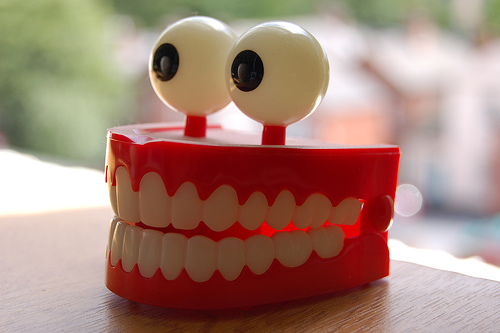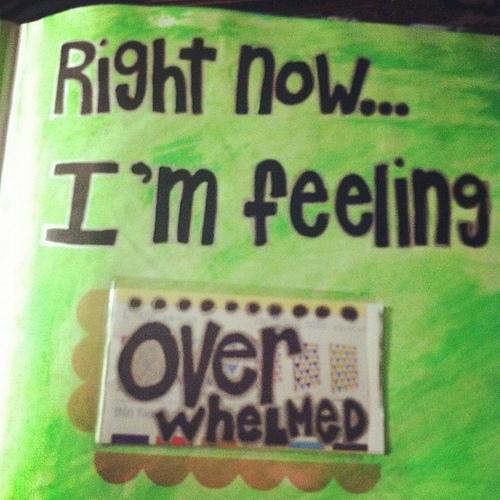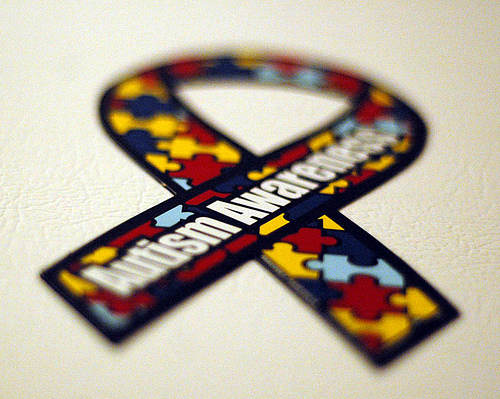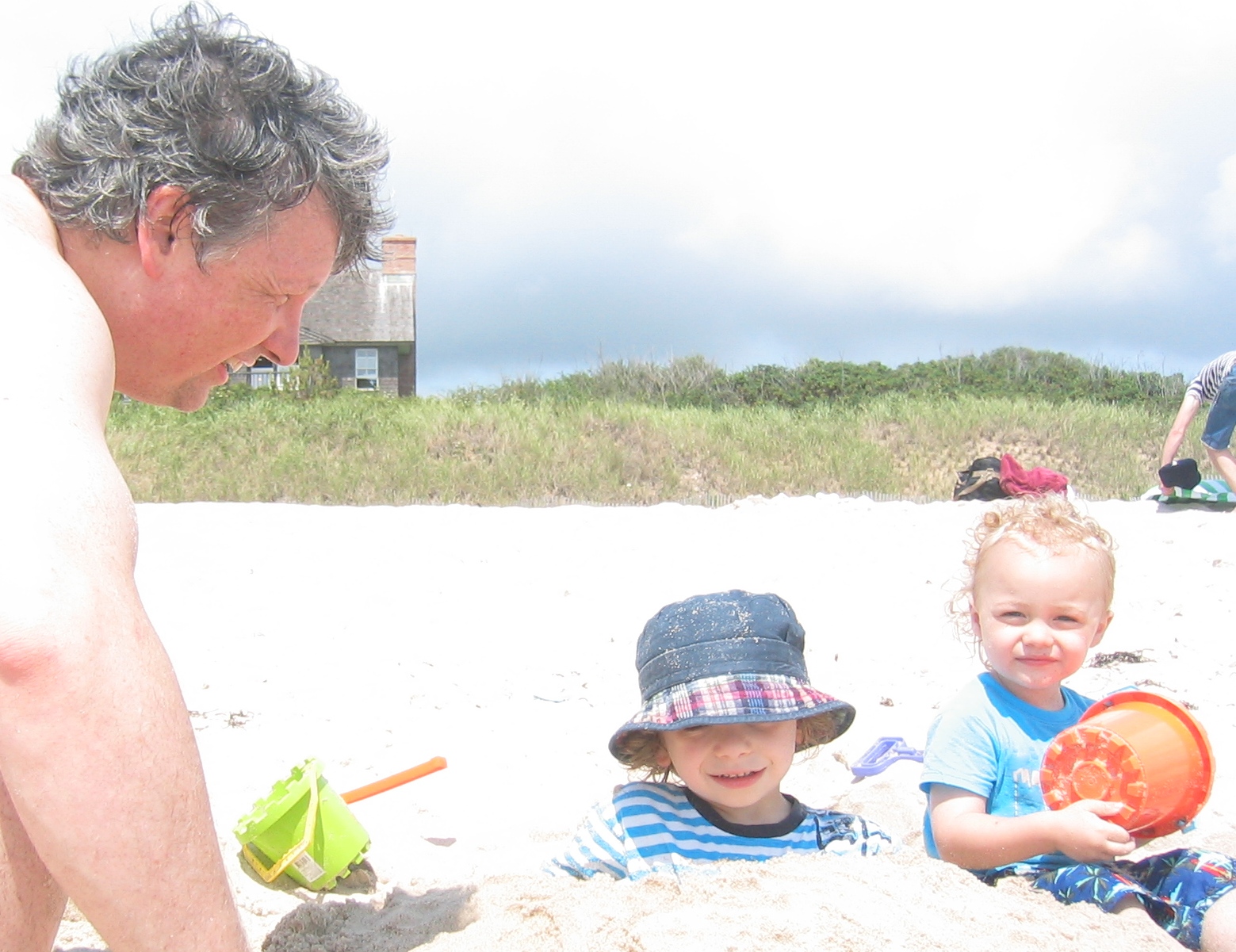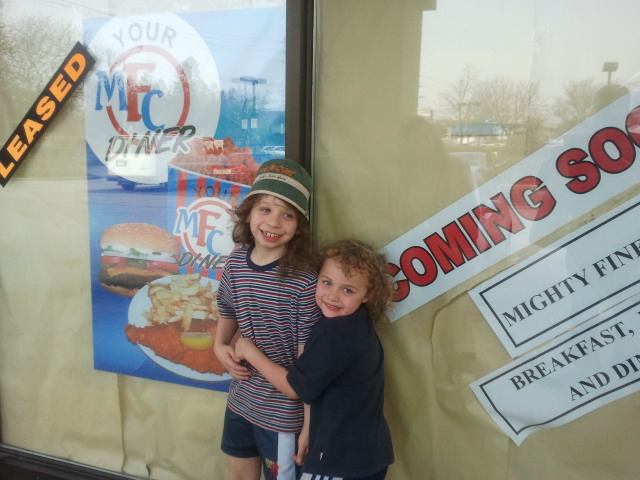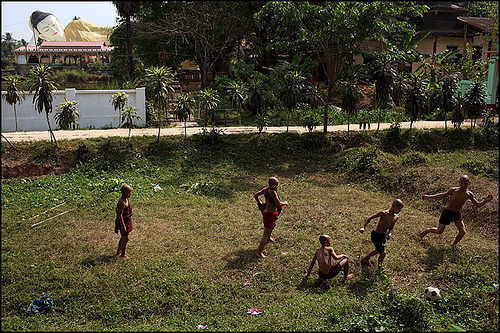I am participating in the 2012 Wordcount Blogathon, which means one post every day for the month of May.
When James was about four, he got himself an imaginary friend. The friend’s name is Albert and his age varies from 3 to 12, depending on the day. According to James’ descriptions, Albert is a yellow monster with tall hair. He stays at home and sleeps while James is at school, and he is responsible for every single mess or piece of mischief-making that we blame on James.
Although Albert the monster features less in James’ incessant chatter these days, he still makes the occasional appearance – inasmuch as an invisible, imaginary monster can make an appearance.
I have come to recognize that Albert has served an important dual purpose in James’ life. First, James talks to him when he’s lying in bed at night, using him to process the events of his day and work through any conflicts he might be experiencing. And second, the monster fuels his imagination. James makes up a staggering variety of monster stories, and it is enormous fun to see where his mind takes him.
Monster hasn’t been around for a few days, but yesterday, someone else showed up.
I was industriously working wasting time on the Internet, and James was dancing around, chattering away to someone or something that only he could see. All of a sudden, he was by my side, telling me about a giant pink rabbit that was bouncing around in the kitchen.
“You should see it, Mommy!” said James, quivering with excitement. “Come on, look at it!”
“But I can’t see it,” I said to him, raising my hands palm-side-up in anI-don’t-know gesture.
Without missing a beat, James said, “Close your eyes and you’ll see it.”
His words instantly infused me with a sense of that childlike magic unique to six-year-olds who still know the true meaning of imagination.
As adults, we only see with our eyes. Most of us don’t take the time to look beyond what is literally in front of us. Children know how to see things with their minds. They can see possibilities of magic where most of us don’t even know there’s anything there. They are the ones who truly have vision.
I did what James suggested. I closed my eyes and really tried to look. And sure enough, there was that giant pink rabbit, dancing around my kitchen.
(Photo credit: http://www.flickr.com/photos/sebilden/3984605154/. This picture has a creative commons attribution license.)






